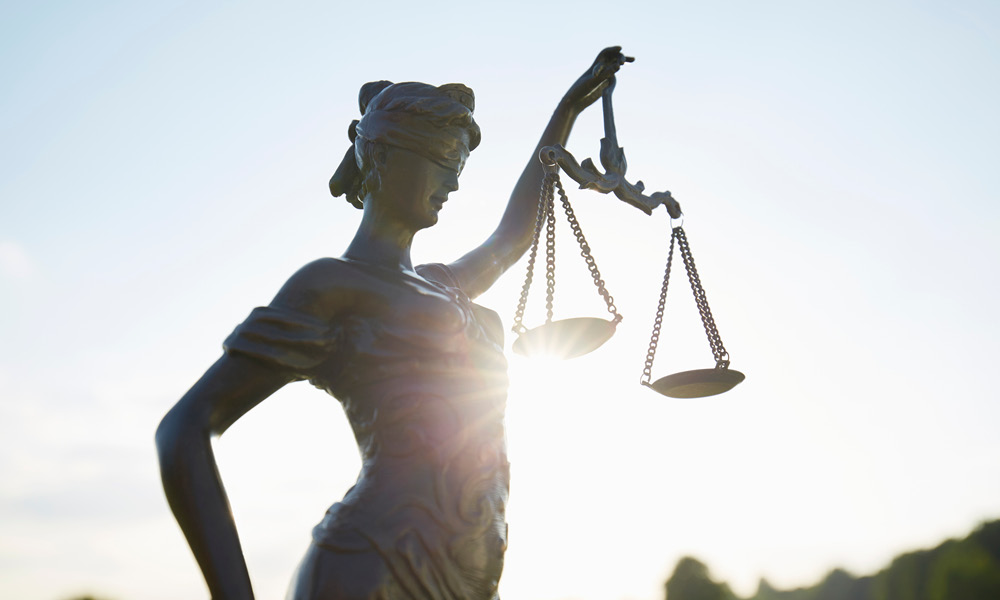If you are acting in a civil proceeding1 in which you need to confer with another party’s witness, there are important ethical and other considerations. The same is true if the lawyers on the other side wish to confer with your party’s witness.
Generally, a lawyer is entitled to speak to any witness in the proceeding, other than one of the parties, irrespective of who might call that witness. Practically, that means if there is a person who you think is likely to be able to give evidence (or is likely to be called to give evidence, by any party) you are generally entitled to speak to them, and to ask them about what their evidence will be.
However, there are some key considerations worth bearing in mind when doing so. This paper will address the following issues: (a) restrictions on contacting and communicating with another party’s witnesses; (b) calling another party’s witness; (c) dealing with confidential or privileged information.
Contacting another party’s witnesses
The starting point is there is no property in a witness.2 That includes experts. This means that if one party intends to call a witness or has taken a statement (or obtained a report) from a witness, it does not prevent the other party from conferring with the witness and taking a statement from the witness. It is open to anyone to communicate with the witness and ask the witness for their account of what happened.3
While there is a right to speak with a witness, there is no right to compel the witness to confer with a party. It is for the witness to determine the extent to which the witness is willing to co-operate in providing information before trial. There is no obligation on a person possessing information relevant to litigation to disclose it otherwise than in accordance with a direction or other process of the court (such as a subpoena). No potential witness is obliged to give a statement before trial to the solicitor for any party to the litigation.4
One exception to the general rule is where the witness is a party, or the client of another lawyer. In that case, communication with that witness is generally prohibited without the practitioner’s consent. Rule 33 of the Australian Solicitors Conduct Rules 2012 provides:
“33.1 A solicitor must not deal directly with the client or clients of another practitioner unless:
33.1.1 the other practitioner has previously consented;
33.1.2 the solicitor believes on reasonable grounds that:
(i) the circumstances are so urgent as to require the solicitor to do so; and
(ii) the dealing would not be unfair to the opponent’s client;
33.1.3 the substance of the dealing is solely to enquire whether the other party or parties to a matter are represented and, if so, by whom; or
33.1.4 there is notice of the solicitor’s intention to communicate with the other party or parties, but the other practitioner has failed, after a reasonable time, to reply and there is a reasonable basis for proceeding with contact.”
Similarly, although there is generally no restriction on speaking to a witness, a solicitor may nevertheless inform a witness they have no obligation to speak with an opponent. However, a solicitor should be careful not to actively dissuade a witness to speak with an opponent. That is expressly provided for in Rule 23 of the ASCR:
“23. Opposition access to witnesses
23.1 A solicitor must not take any step to prevent or discourage a prospective witness or a witness from conferring with an opponent or being interviewed by or on behalf of any other person involved in the proceedings.
23.2 A solicitor will not have breached Rule 23.1 simply by telling a prospective witness or a witness that he or she need not agree to confer or to be interviewed or by advising about relevant obligations of confidentiality.”
Calling another party’s witness
As indicated above, it is wrong (except in the case of a party, or an expert) to describe a witness as another party’s witness, at least until that person gives evidence (either at trial, or by affidavit). Either party can call a person to give evidence.
However, if the witness declines to provide a statement and the evidence of the witness is critical to the case, then the only course open may be to have that person called to give evidence, pursuant to a subpoena if necessary.
If the evidence of the witness is likely to be important to your case, then of course it will be necessary to consider whether you (rather than your opponent) should call the witness. There are two competing considerations.
First, there can be significant forensic advantages to allowing your opponent to call the witness. Chiefly, those advantages are you are then entitled to cross-examine the witness, and you are permitted to challenge their credit. You cannot do that when you have called the witness yourself (except in limited circumstances when a witness might be declared hostile). Those advantages (cross-examination and challenges to credit) may be doubly effective when you have earlier been able to confer with the witness, as you would generally be entitled to do (if the witness agrees).
Second, where you are acting for a plaintiff and the defendant has said they intend to call a witness who is critical to your case, the defendant is not bound to call the witness just because they have said they will. When the plaintiff has closed its case, the defendant may decide not to call the witness. In which case, the plaintiff will have no opportunity to adduce evidence from that witness without seeking leave to reopen their case.
Dealing with confidential or privileged information
Although there is in general no prohibition on contacting and speaking with most witnesses, that does not mean the witness is entitled to give (or the practitioner to obtain) confidential or privileged information.
A draft lay witness statement in the hands of a potential witness may for example be subject to a claim for legal professional privilege.5 That does not mean the witness is necessarily precluded from providing the information the subject of the witness statement to the other party, but generally the document itself, if prepared by another lawyer, is likely to be subject to a claim for privilege. On the other hand, a witness may provide a (separate) witness statement to each side of the litigation (although there is no obligation on the witness to do so).6
Similarly, there can be significant consequences for a party whose lawyers seek to confer with a witness before trial where the witness imparts information in breach of an obligation of confidence. For example, in AG Australia Holdings Ltd v Burton (2002) 58 NSWLR 464, the Court made orders restraining a former employee from disclosing information protected by a confidentiality clause to the solicitors on the other side and further restrained the solicitors from inducing or procuring any breach of the confidentiality.
In general, any party is entitled to contact any person to ask that person what evidence they might give in a proceeding, and call that person if desirable. Practitioners should however bear in mind, and try to avoid, some of the real pitfalls that can exist in that regard.
Mark Steele KC is a Brisbane barrister and member of Northbank Chambers. Andrew Schriiffer is a Brisbane barrister and associate member of Northbank Chambers. This article is concerned only with civil litigation and does not extend to criminal or quasi-criminal cases.
Footnotes
1 This article is concerned only with civil litigation and does not extend to criminal or quasi-criminal cases.
2 Harmony Shipping Co v Saudi Europe Line (1979) 1 WLR 1380, 1384 (Lord Denning MR).
3 See State of New South Wales v Jackson [2007] NSWCA 279, [33] (Giles JA, with whom Mason P and Beazley JA agreed).
4 Commonwealth Bank of Australia v Cooke [2000] 1 Qd R 7, [27] (Williams J).
5 See for example Public Transport Authority of Western Australia v Leighton Contractors Pty Ltd (2007) 34 WAR 279; [2007] WASCA 151, [19] (McLure JA, with whom Steytler P and Miller JA agreed).
6 Commonwealth Bank of Australia v Cooke [2000] 1 Qd R 7, [28] (Williams J).














Share this article